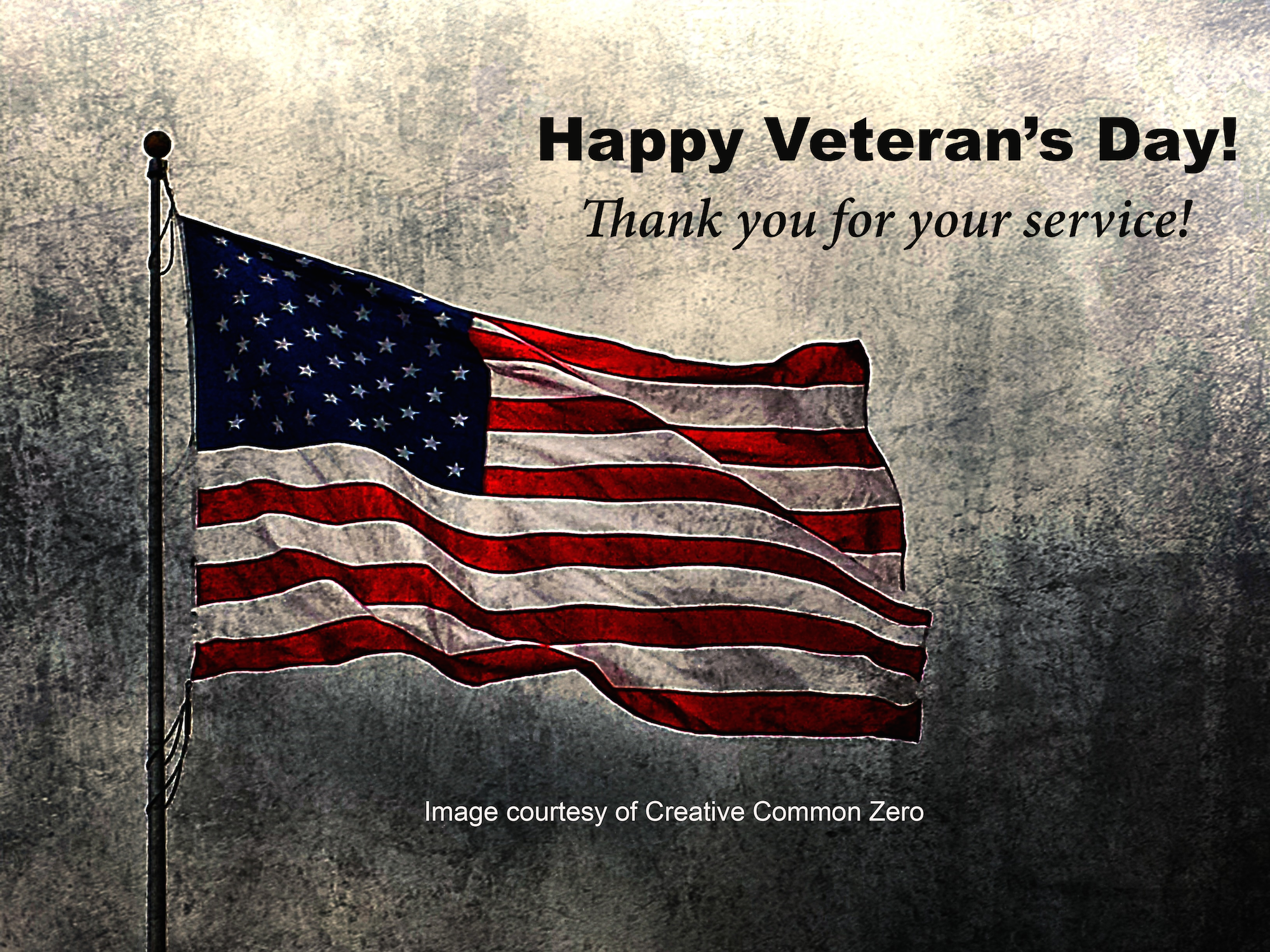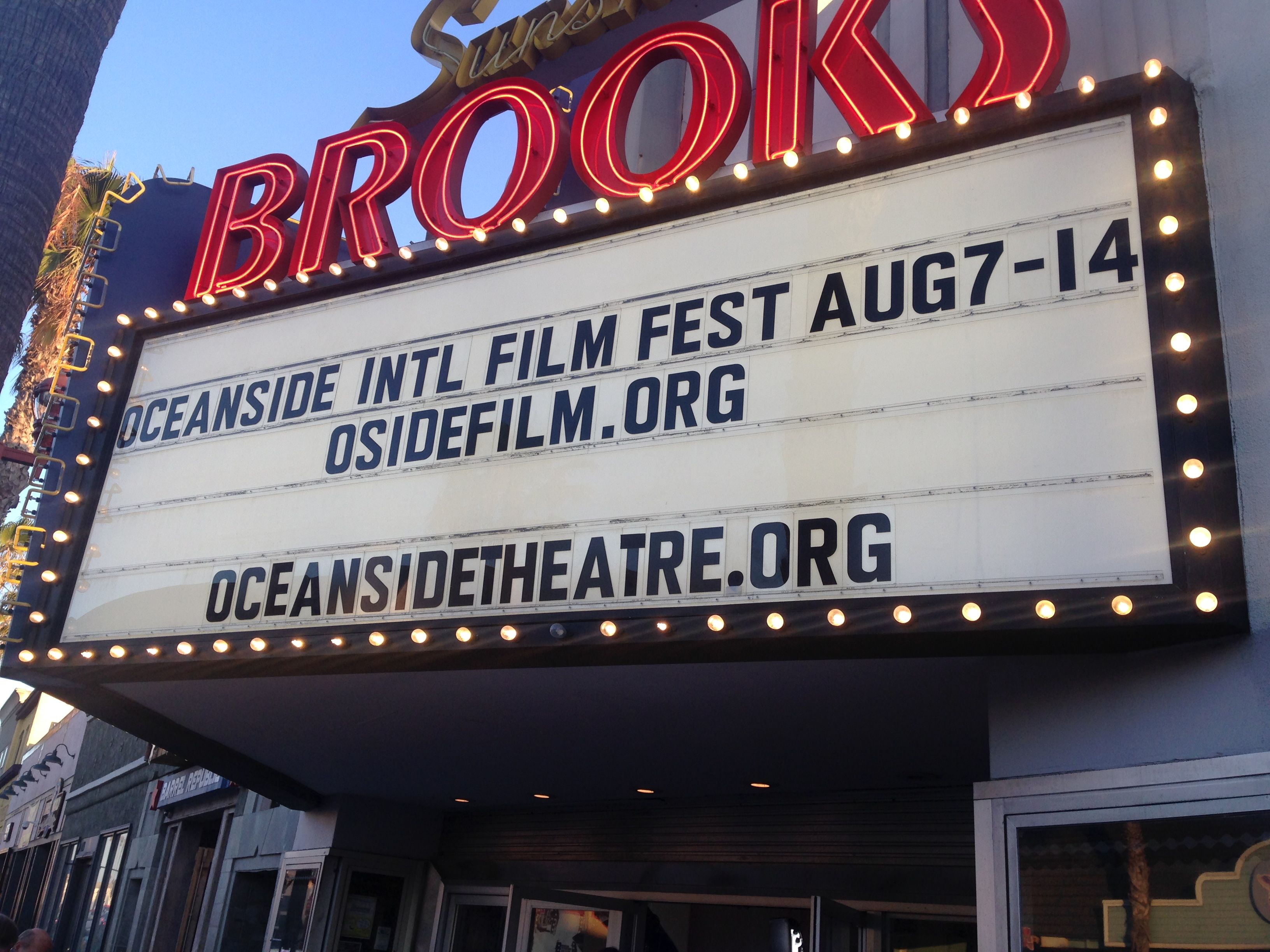SSP STAFF WRITER: ENTERTAINMENT ZONE: February 13, 2021
We had the pleasure of sitting down with one of the hardest-working, always-hustling women in showbiz and a woman we call friend, Ms. Angela Gibbs. Her journey in Tinseltown had our jaw on the floor. Simply incredible and wonderful. Take a read.
SSP: Angela, tell our readers about yourself.
AG: Wow, always a hard question to answer because I’ve had such a varied past. I’ll start with the fact that I’m proud to be a Detroit girl. My grandmother, (my mother’s mother) was a well-known preacher, Rev. Princess Ophelia Kemp. At her funeral was a procession of 2,000 cars… I was 13 when she died and I knew I wanted my life to matter the way that hers did. Later when my mother became the iconic Florence on The Jeffersons I knew I was from a great lineage.
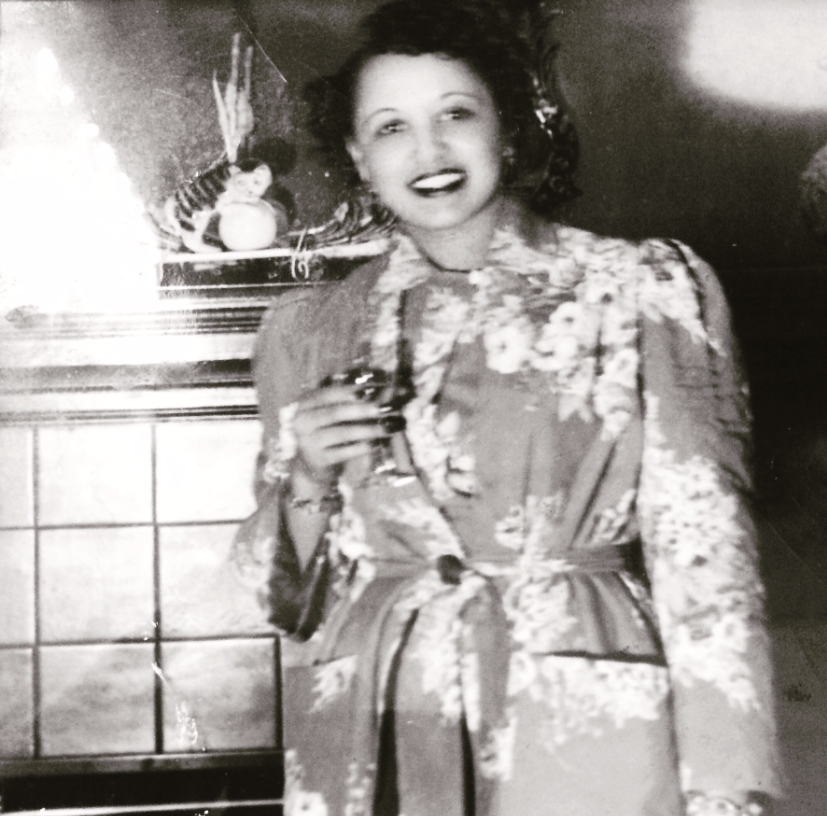
SSP: What attracted you to begin a career as an actor?
AG: I started acting in grade school at St. Gregory’s in small school plays. My interest was peaked so when we moved to Los Angeles in 1970, continuing in high school was an easy call. I attended LA High first and later Fairfax where I graduated. I remember being in a high school play there and the audience being spell bound by our performances. Later my mother took me to an outside workshop called PASLA. There the likes of Vantille Whitfield, (later he was Director of National Endowment and would mentor me when I started Crossroads Theater), Roger Mosely, Ta-Tanisha (from Room 222), Nathaniel Taylor (Rollo on Sanford and Son — we would later work together on the show) and other black actors who were committed to doing plays for, by, and about black people. Our first teacher was a man named Lucien Smith (Dhahabu back then) and we are still close today.
SSP: Was it harder to get started or to keep going? What was the particular thing that you had to conquer to do either?
AG: Getting started for me was easy. Keeping going was another. When Vantille left PALSA, we followed Roger Mosely to Watts where we studied at a place called Mafundi. There I did my first play with him and my mother, Native Son, by Richard Wright. I was later seen in another play directed by Roger Moseley by Max Julian (The Mack) who had written a film entitled Cleopatra Jones. Max gave me the role and the die was cast. Roger introduced me to his agent and I got in the union and it was easy breezy.
But it was the 70’s, blacksploitation films were all we were really going out for. I continued to do theater but of course no one was getting paid. I was young, being hit on behind closed doors and I grew sick of it especially being so young and not knowing how to navigate those waters. I decided to quit acting and go to college. I was accepted at UC Berkely and Howard University. I chose the latter.
By the time I came back, my mother had landed Florence and she had started signing autographs. It was surreal and wonderful!
I then began the journey back into acting professionally and man, there were many days when I wanted to give up. Hell, I did give up but it kept calling me back. I worked part-time jobs to make ends meet while I auditioned. Roles sprinkled in and I was so close to major bookings I could taste them, but it was not in the stars for me at that time.
SSP: When was your first major role as an actor? And how did you get it?
AG: First major role was Annie, in Cleopatra Jones as I mentioned above.
SSP: How was it working on the Oscar nominated Straight Outta Compton with so many young talented actors?
AG: I played Doris Jackson, Ice Cube’s mom, so my scene was mostly with the actor who played his dad , Bruce Beatty, the police and O’shea Jackson. I had an absolute ball. Especially because I got work with F. Gary Gray!!! I love his work and he made it so easy to play and try new things.
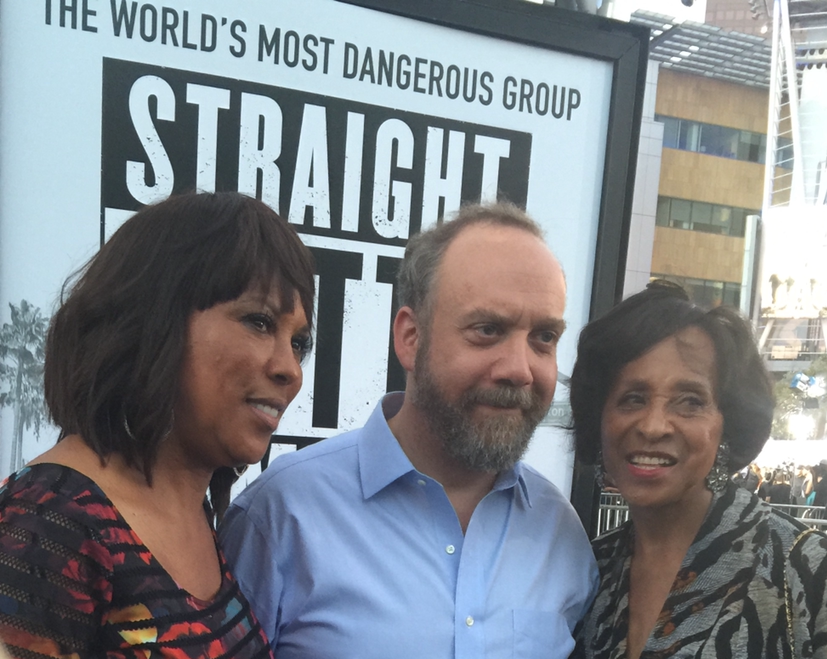
SSP: When digging into a role, what is the biggest challenge to becoming the character?
AG: The biggest challenge is letting go of preconceived notions, judgments and readings that show up during the first read. Letting go wanting to “be good” and “do it right” and instead allow the text to guide you, to help you deep dive and explore new territory about the character.
SSP: A star of both TV and film, which do you enjoy more? And why?
AG: Oh man, hard one. I love them both. I think TV perhaps because of the bond you end up having with castmates and the evolving of the character that comes with new scripts each week.
SSP: How did you land the role of Ms. Tudi on Black Jesus?
AG: First answer is GOD! Second is Slink Johnson who played Black Jesus loved me from the jump. He and Amber Bickham, the casting director continued to push me to the director and producer. There were two other actors pinned for the job and they were tied. Amber slipped me in there (unbeknownst to me and them LOL) while the producers were looking at them again and I ended up breaking the tie. Thank you Black Jesus LOL.
SSP: How was Ms. Tudi like you? And how was she different?
AG: Ms. Tudi is a combination of the women I grew up with, my mother, my Aunt Susie (she also played the grandmother on Punky Brewster) and my grandmother Ophelia. These women were bosses in their day, they were also street and yet never lost their womanhood. So I guess you could say Ms. Tudi was an opportunity for me to honor my lineage in a crazy way. How Ms. Tudi is different is I have never been as decisive and bold as she is! I love her. She is my alter ego. Angela concerns herself (sometimes too much) with other people’s feelings, Ms. Tudi doesn’t give AF!
SSP: What did you love about that character?
AG: Ms. Tudi is a businesswoman, and a hustler who is always scheming on her next money move. She reminds me of the women in my family, how they used their imagination to push them towards who they could be become. BOLD!
SSP: What was the biggest challenge about taking on that role?
AG: There were two challenges with this role. One was working with so many talented comedians like Charlie Murphy and John Witherspoon, I mean wow. I wanted to not just keep up but to be able to spar with them, and it worked out! They inspired me so much! The whole cast really, Corey Holcomb was the best guy to beat up on as my son, he is a very generous actor and Slink often had ideas that made the scenes better!
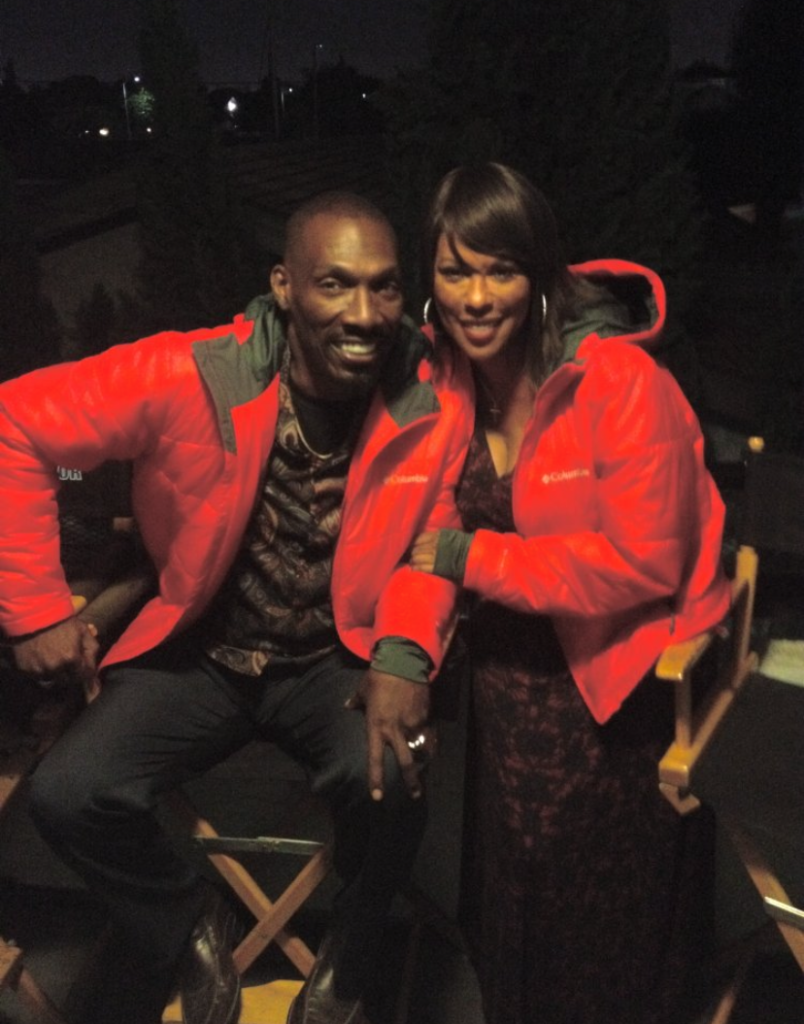
SSP: What’s been your favorite Ms. Tudi moment?
AG: I have many favorite Ms. Tudi moments so let me say I’ll let the audience choose.
SSP: What’s your favorite cast moment on Black Jesus?
AG: John Witherspoon during the third season was in the courtroom and the director let him go and do his thing. John was brilliant as he cursed each of us out. We could not stop laughing between takes. It was a pure gift to watch a master at his craft!
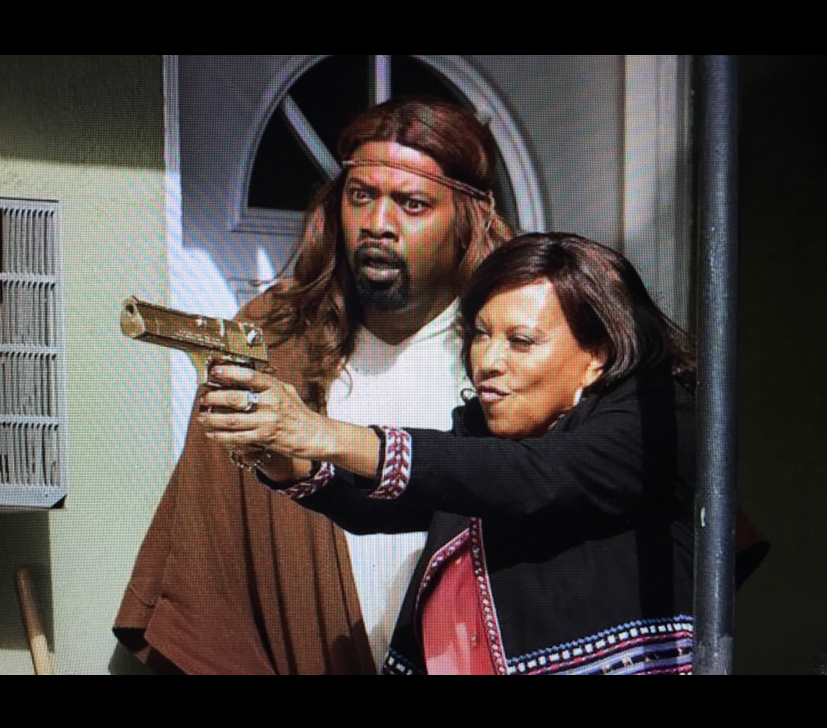
SSP: Has your career progressed as you have expected?
AG: Progressing as I had dreamed. It is a work in progress so I am still evolving as are the roles I am booking. It’s wonderful to know that if you stay in line, your turn will come.
SSP: What was the most important lesson you had to learn that has had a positive effect on your career? How did that lesson happen?
AG: The most important lesson for me was to learn to walk the talk. If I believe that I have a Divine Source in charge of all things then there is no need to worry. Stop comparing my career with what I think it should be and accept where I am as the gift. It attracts more of what you are desiring, while worry breeds doubt and distraction. I think this lesson came with great struggle and pain over the years where I judged myself and my craft. One day I realized how blessed I already was and everything changed.
SSP: How do you seek out roles?
AG: My team and I discuss the kinds of roles I want and that they see me in. I want roles that scare me, push me to the edge of my creativity and beyond on shows or in films that matter to me.
SSP: Who are your biggest influences?
AG: Oh my, there are so many! Starting with my mother, Marla Gibbs. Then there are women in the business like Ruby Dee, Rosalind Cash, Diana Sands and Beah Richards whose shoulders we stand upon. In my own family I come from a line of strong women, so I would be remiss not to mention my Aunt Frieda Rentie — she used her money she made from working background in television and became a real estate mogul, and my grandmother — who ran a theater, a haberdashery, turned a radio station around, and had a church.
SSP: What are personal attributes that make for a good Actor, and what do you do to foster them?
AG: The personal attributes that have worked for me is to start with my connection to all living things. To feel and be accountable to that connection. To be present as much as I can, and it’s not easy, but to be living a moment-to-moment experience. I find it helps tremendously when acting. Oh yes, and listening. I haven’t always been a good listener in life… but I do when I’m acting so there, my craft impacts my art.
SSP: Many people might not know that you are the daughter of the stellar actress Marla Gibbs (227, The Jeffersons). How did having such a famous mother help or hurt you on your journey? And what lessons did she teach?
AG: Being the daughter of an icon who is also in the same business has not garnered me any favors. Many believed that I was in it because my mother was — not knowing I started acting first. People want to push you in the shadows and I lived there until I craved my own light. It was only then I could chart my course not beholding to anyone or any condition. Again knowing my Source I knew all things were possible even having a career in the business. But I had to get clear and bold. I had to be persistent and do the work. My mother taught me persistence and the power of transforming what seemed to be nothing into something. And that it is never too late!
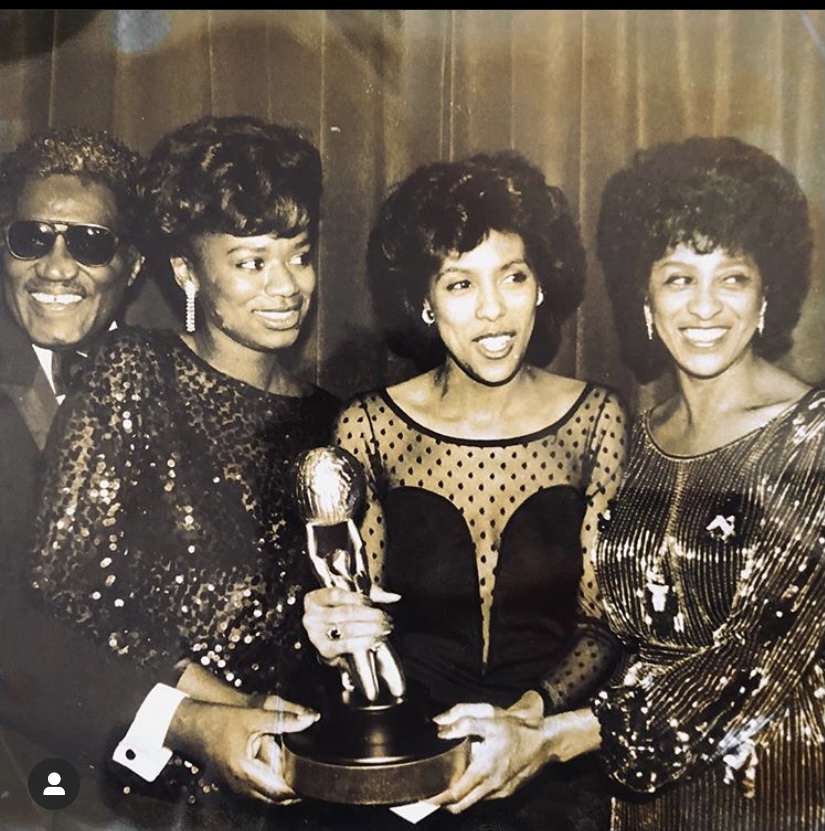
SSP: Is the film business fair? Why or why not? How do you make the apparatus work for you? The film business is getting better. Fair?
AG: No, we are a long way from it. As we fight for equality on all fronts in this country and the world quite frankly, we will see the reflection of that fight in our images. There must be people who look like the world green lighting shows and films as well as creating content. Again, it is happening, it just has been unfair and exclusive for so long. The film industry has a lot of restructuring to do when it comes to diversity in all aspects of the business.
SSP: What has been your greatest accomplishment as an actor?
AG: Wow. I have loved many roles like Doris in Straight Outta Compton, but I would have to say the last role I played on the show This Is Us was most fulfilling. Playing the mother of Randall, alongside Sterling K. Brown, an actor I have long admired, was one of my proudest moments. I worked with Vien Hong who played my Asian lover and our scenes were so connected. I loved that the writers allowed an interracial romance between a black woman and an Asian man. We never see the Asian brothers often in this space, so it was wonderful to share that with Vien.
SSP: Given that you have had a long and successful career, is there still any area in which you would like to improve as an actor?
AG: I always seek to improve — if I stop, I’ll probably stop acting. Always going deep and finding new ways to get into the psyche of the character I’m playing… physically, emotionally and spiritually.
SSP: Of all the movies you have done, which role did you love the most and why?
AG: As I mentioned above, This Is Us is at the top of the list… for now.
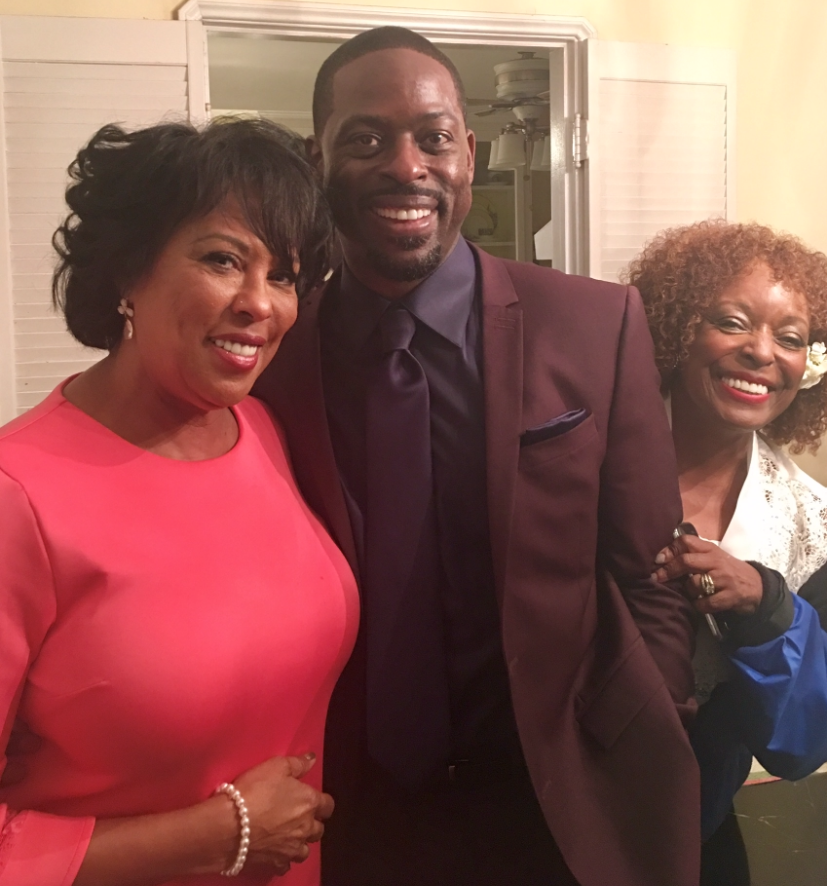
SSP: What sort of acting roles will you be seeking in the future?
AG: I hope to play strong women who are flawed, resilient and vulnerable. Who live in a world that is real and whose moral evolution touches people. So I’m talking roles in either a television show or a film that is not the just the wife or the friend. I’m seeing roles in the future that carry weight and help carry a story. I feel you have to “see” it before it can manifest.
SSP: When not on a set, what do you do in your spare time?
AG: In my spare time I write and coach actors. I’ve had the good fortune to work with Oscar winning director, Alejandro Inarritu on his films Birdman and The Revenant. I have coached for Netflix on their series Chambers. I coached Demetrius Shipp, Jr. as Tupac in the biopic All Eyze on Me and recently I had the pleasure of working with the phenomenal artist, Janelle Monáe on Antebellum. I also have been working with my mother and son on her biography, “It’s Never Too Late.”
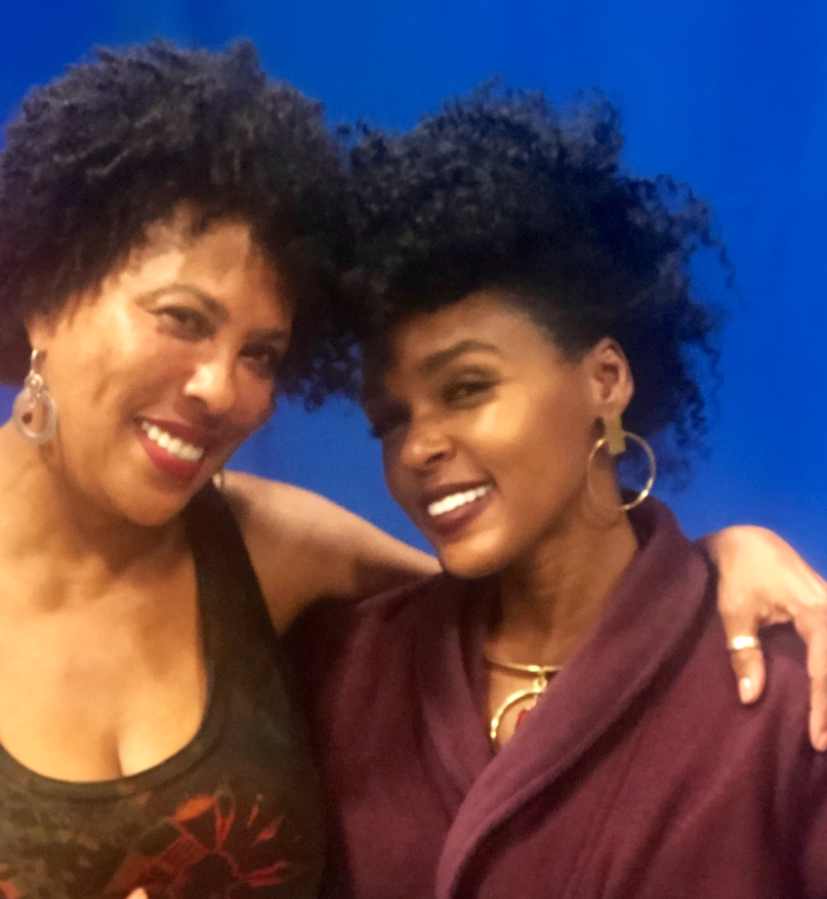
I am a grandmother of three beautiful human beings, ages 5, 14, and 21. I love hanging out with them and my children who have now become my guides. I also draw and practice piano, just for a creative outlet that has nothing to do with making a living.
SSP: Are you on social media and do you use it in your work? Why or why not?
AG: I am on social media, however I do my best to strike a balance. I will post when I’m on a show. I mostly use it to make political statements and uplift the race.
SSP: What would be a good theme song for your life?
AG: “I’m Every Woman” by Chaka Khan.
SSP: If someone was going to make your life into a movie, who would play you?
AG: Wow… well I just worked with Jennifer C. Holmes who played the younger Laurel. I studied her to prepare for the older version of the role and loved her work. She is someone that comes to mind immediately.
Thank you Angela for sitting down with us today! You and your career are a true inspiration. We wish you continued success on your journey. And we can’t wait to see what you do next!
To keep up with Angela, check out her Facebook Angela E. Gibbs or follow her on Instagram @angelaegibbs
Follow us on Facebook and Instagram!
Until next time, live your passion and chase your dreams!
SSP

